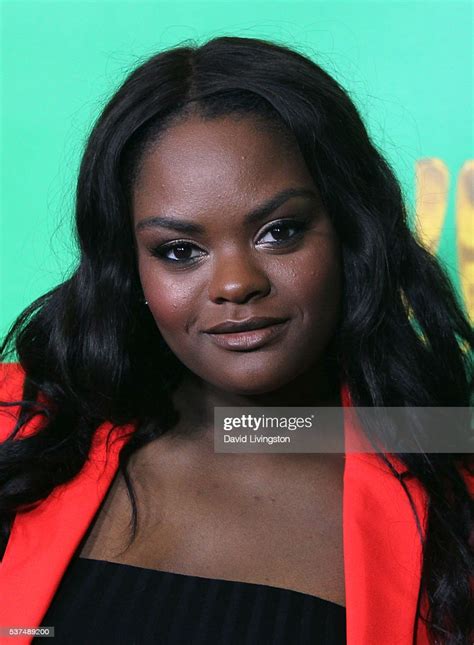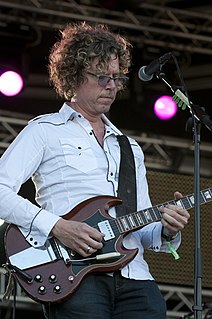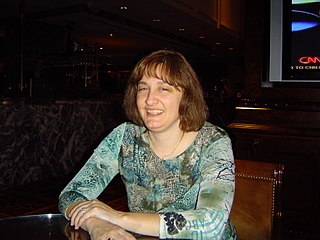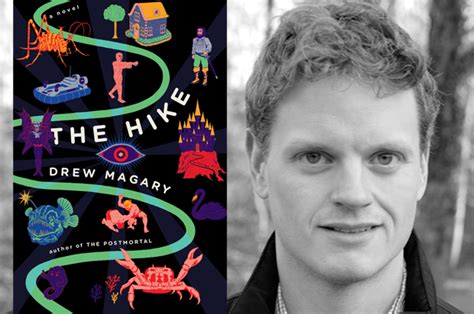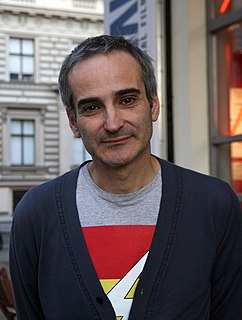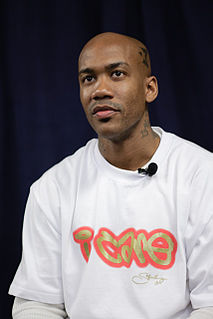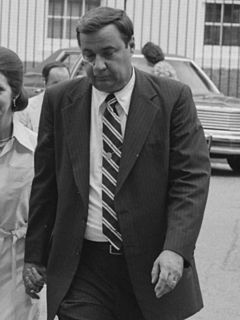A Quote by Joanna Scott
There's a point I set for myself, and it's an arbitrary point, when I think no matter happens, I'm going to finish that book. And that's when I get to page 100. I have to see it out.
Related Quotes
The starting point and the ending point are nothing but two arbitrary choices. You make them as in soccer games, where they chose that it's 90 minutes, not less and not more. But the choices are the responsibility of the filmmaker. You have to choose to join the story at an arbitrary point, and you leave it at an arbitrary point.
I might spend 100 pages trying to get to know the world I'm writing about: its contours, who are my main characters, what are their relationships to each other, and just trying to get a sense of what and who this book is about. Usually around that point of 100 pages, I start to feel like I'm lost, I have too much material, it's time to start making some choices. It's typically at that point that I sit down and try to make a formal outline and winnow out what's not working and what I'm most interested in, where the story seems to be going.
If I try to figure out what people want and give it to them, it's a failure. If I try to please people and figure out what's going to get me from point A to point B, I fail. But I think if I do what I want to do, in the long run, maybe not tomorrow, but at some point, I think it'll pay off and it'll at least feel honest.
Bypasses are devices that allow some people to dash from point A to point B very fast while other people dash from point B to point A very fast. People living at point C, being a point directly in between, are often given to wonder what's so great about point A that so many people from point B are so keen to get there and what's so great about point B that so many people from point A are so keen to get there. They often wish that people would just once and for all work out where the hell they wanted to be.
I can walk into a bookshop and point out a number of books that I find very unattractive in what they say. But it doesn't occur to me to burn the bookshop down. If you don't like a book, read another book. If you start reading a book and you decide you don't like it, nobody is telling you to finish it.
I think all of us set out to try and reach as many people. That's the whole point of being in a band: trying to get your music out there. So, any opportunity to do that, within reason. We're informed about where our music is going to be used; we get to say yes or no. There are things we can turn down, and there are things we can agree to. When it comes to movies and stuff like that, it's great for us. I don't think it's selling out. Maybe 10 or 20 years ago it was seen as selling out, but nowadays I think it's the only way to get your music out there.
Don't get me wrong - I love Jason Kidd. He's a great point guard (But) how am I comparing myself to him when I think I'm the best point guard to play basketball? That doesn't make any sense. I mean, how can I sit here and compare myself to somebody if I already think I'm the best?I'm telling you what it is: I know I'm the best point guard in the NBA. I don't need anybody else to tell me that. When I go on the basketball court, if I think about what you're all saying, I'll lose my mind.
I don't see I'll ever arrive at the point where I'll say, 'Lance old boy, you've arrived at success.' There's no question about it. Once you get to the point where you've arrived at a station called success, you get complacent and lethargic. Those goals you set keep changing. But it's not a ruthless sort of thing.




